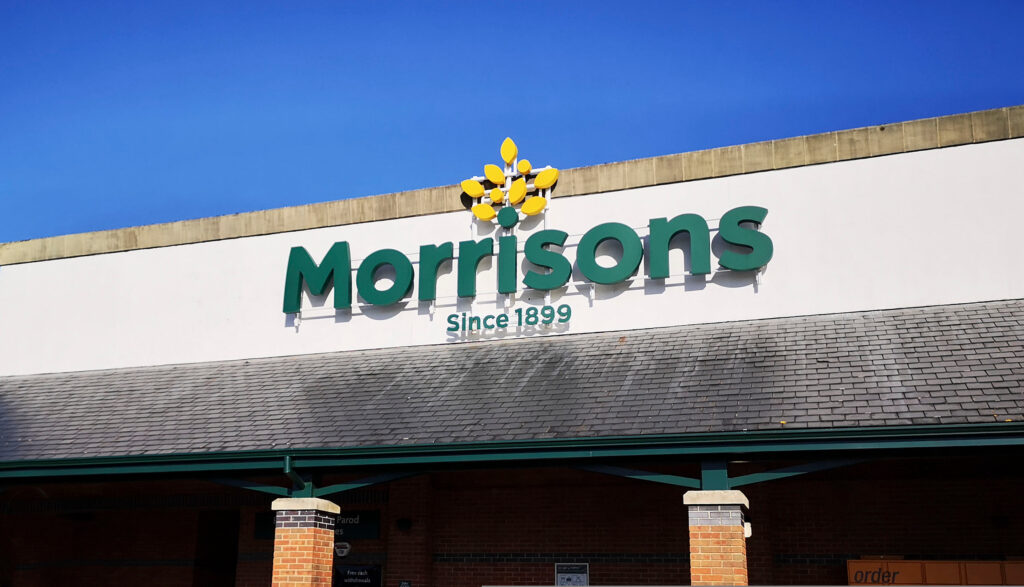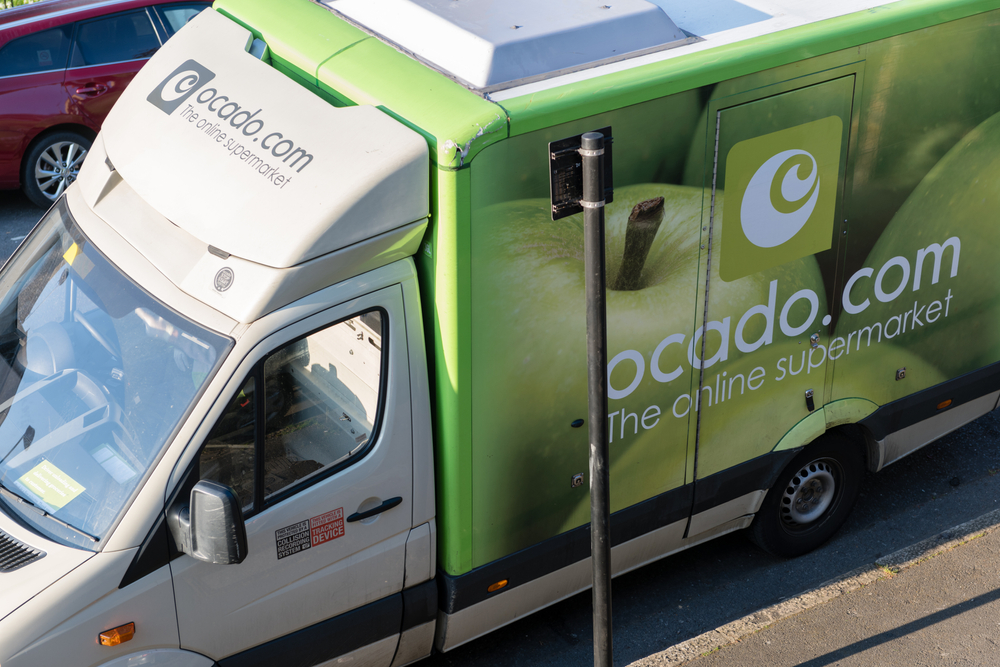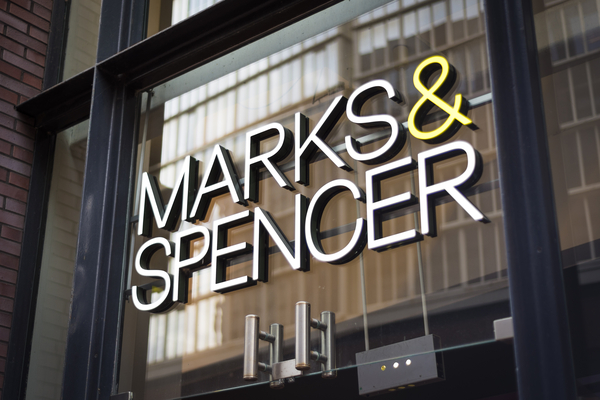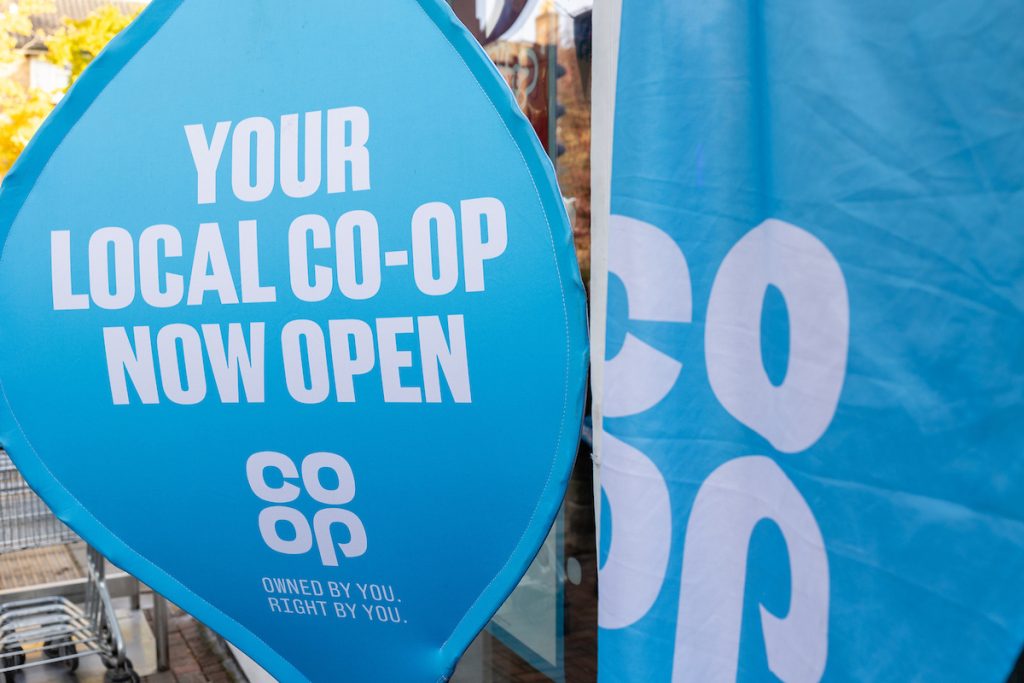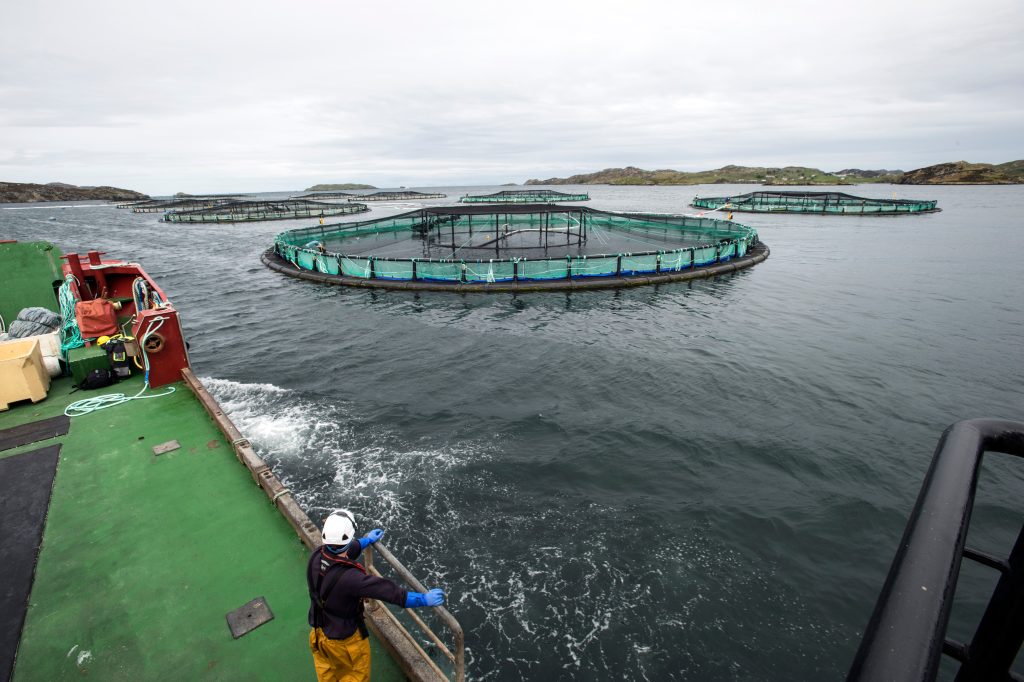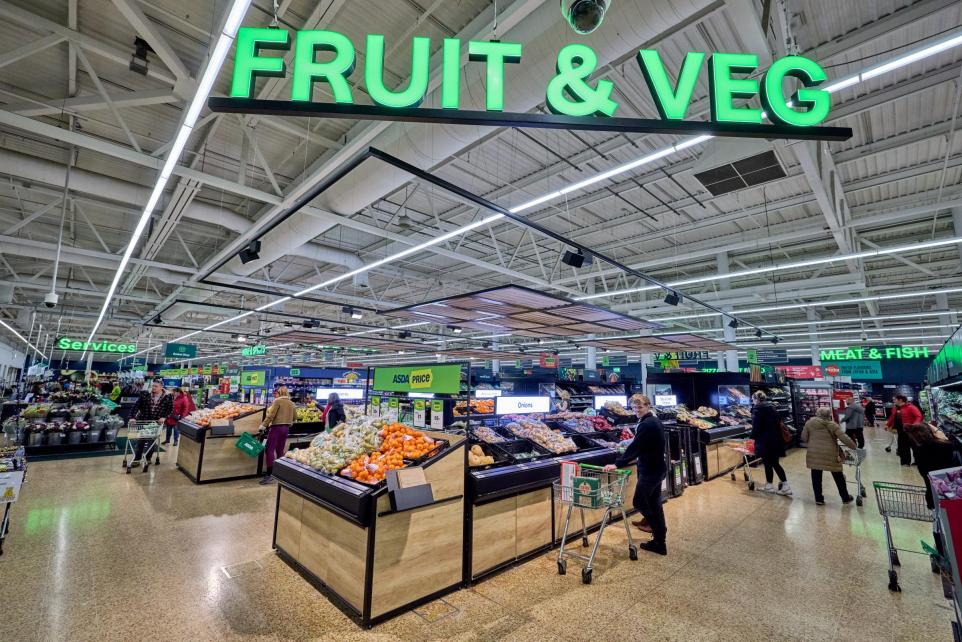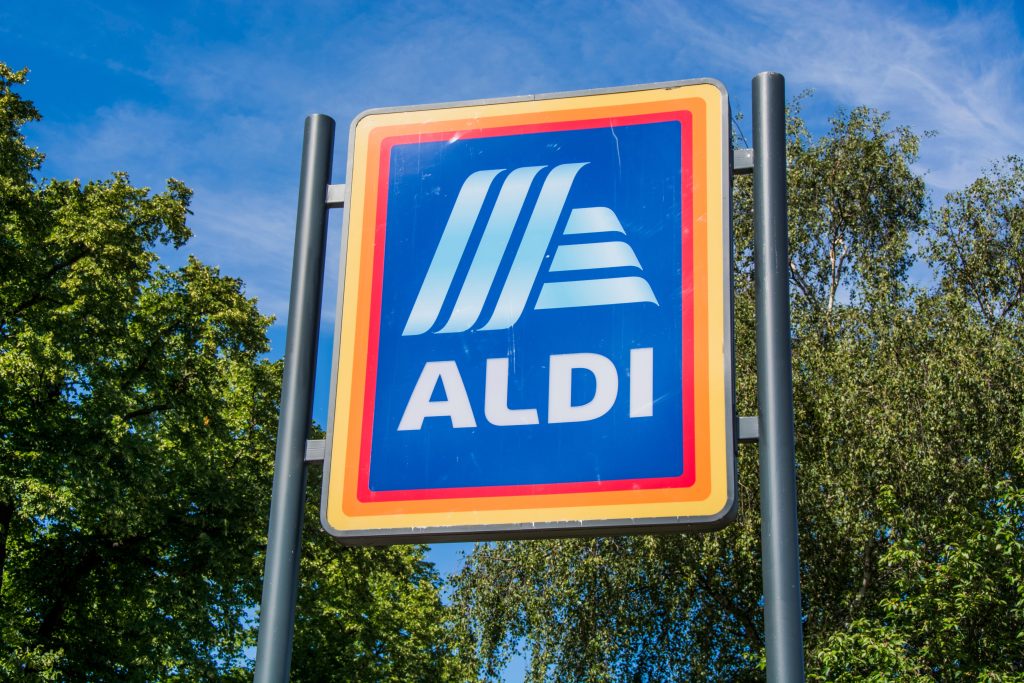Leading supermarket chain Sainsbury‘s has seen an increase in sales and its share of the grocery market over its most recent full-year period, results released today reveal.
At a time when major rivals Tesco & Morrisons are reporting drops in underlying trading, Sainsbury‘s will be pleased that its like-for-like sales during the 52 weeks to March 17th 2012 rose 2.1 per cent year-on-year, although this figures includes trading from its numerous store extensions.
Total profit before tax dropped 3.4 per cent in the year to £799 million largely down to unfavourable property transactions, however simply in trading terms underlying profits grew a healthy 7.1 per cent.
Over £100 million of operational cost savings were reportedly delivered by the business during the year and its underlying operating margin grew four base points annually.
Sainsbury‘s says that it has outperformed its competitors over the last 12 months and its grocery market share has now grown to 16.6 per cent, according to research firm Kantar Worldpanel, its largest slice for nearly a decade.
Justin King, CEO of Sainsbury‘s, said: “We are succeeding by understanding what our customers want, supporting and inspiring them to Live Well For Less. Delivering quality and value is a compelling offer, in tune with what today‘s savvy shoppers want.
“Brand Match, combined with our use of coupon-at-till, has improved Sainsbury‘s price perception whilst retaining the benefits of our heritage in quality and service.
“We have continued to invest in the future of the business, including opening a further 1.4 million sq ft of gross space, whilst managing costs and increasing net underlying margins.”
The trader opened 19 new supermarkets & 73 convenience stores during the year and completed extensions at a further 28 of its outlets as it nears the end of its massive property investment period.
Fundraising in 2009 allowed the business to invest heavily in extending its bricks and mortar presence and has resulted in its portfolio now being worth an estimated £11.2 billion, and although expansion will slow this year almost 70 additional supermarket extension have already been agreed.
The retailer admits that trading in non-food items remained difficult during the year due to the wider economic environment but its online business managed to grow 20 per cent year-on-year.
Phil Dorrell, Director of retail consultancy Retail Remedy, argues that though Sainsbury‘s performance online is better than competitors its growth is from a low base, and he thinks the company has issues in non-food that need addressing.
“Clothing is perhaps the one area where Sainsbury‘s has lots to improve. The quality and fashion of the ranges is comparable to Tesco but both the prices and execution are a very poor second to George at Asda. Too many stores still have poor basics and a clearance overhang,” Dorrell said.
“The spin is that Nectar is delivering for them and that is why a new long-term contract has just been signed. We suspect this hides the fact that they don‘t have a viable alternative and would cut off their right arm to get the sort of marketing and insight that Tesco gets with its club-card.”








